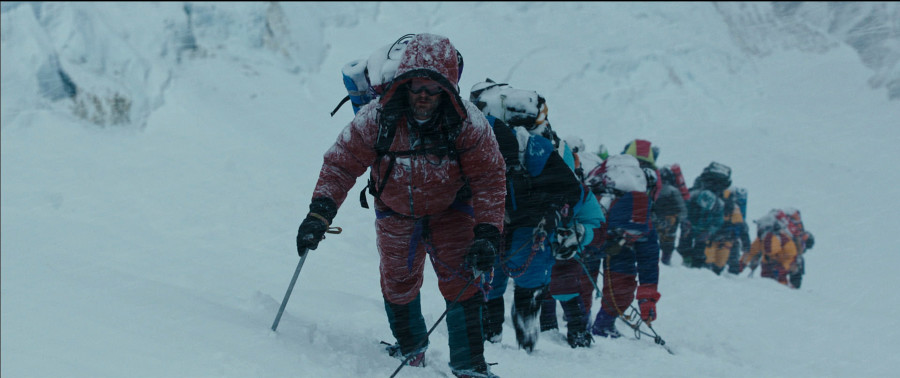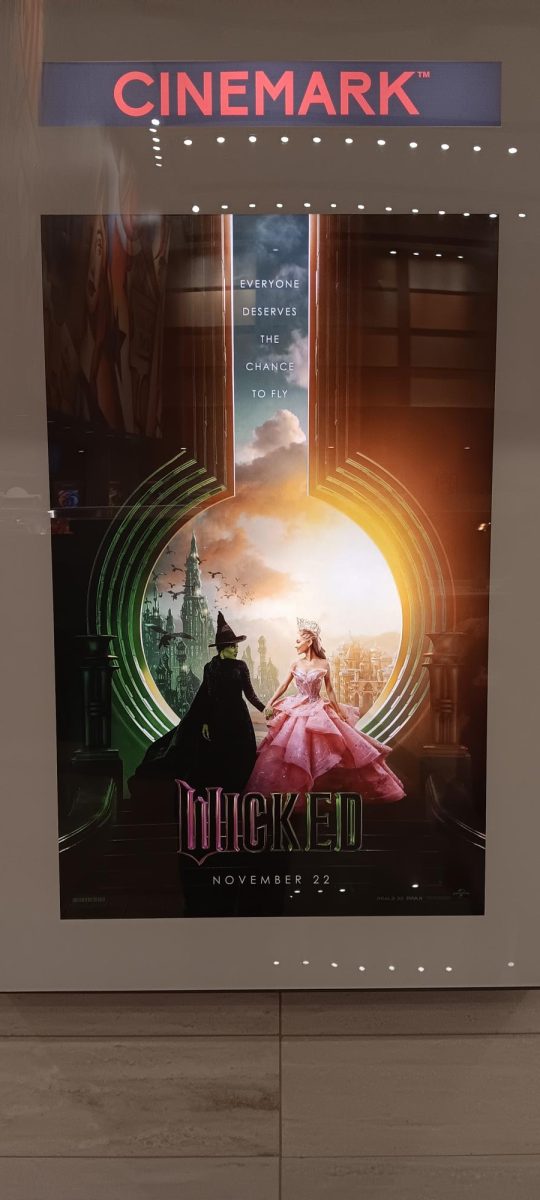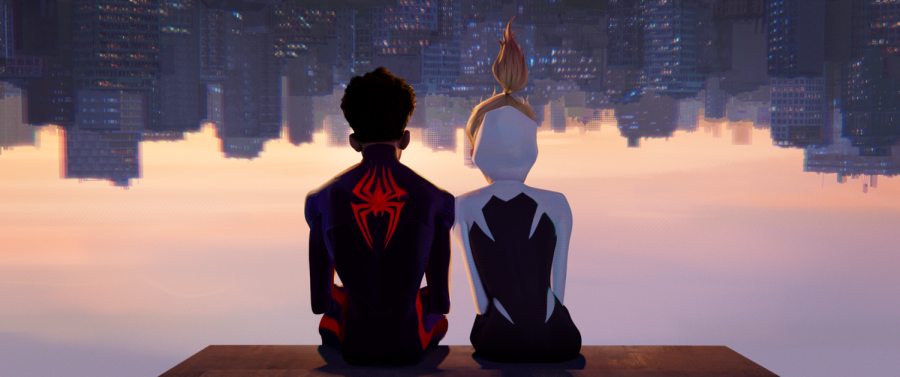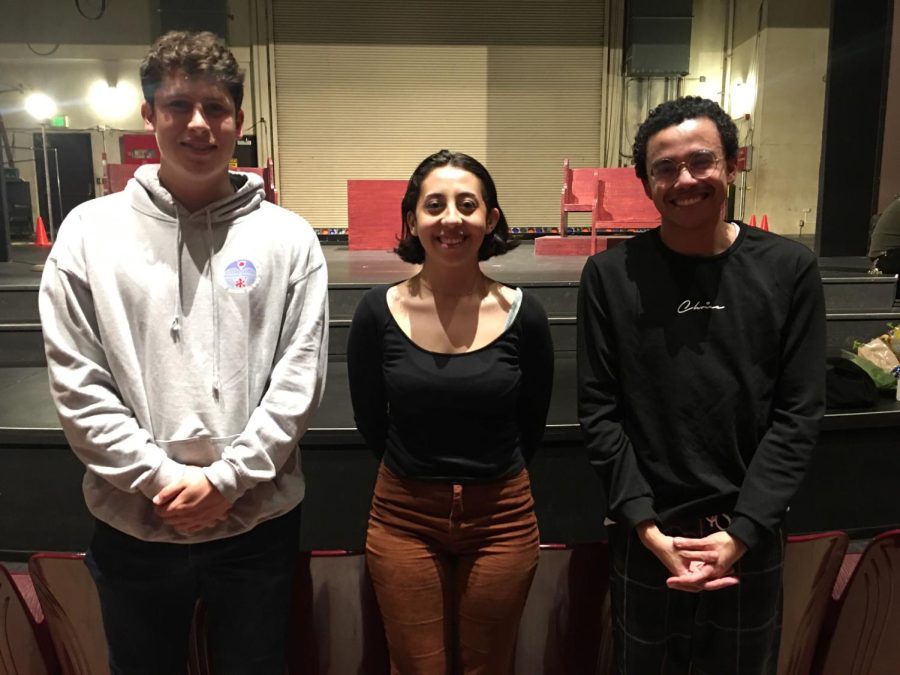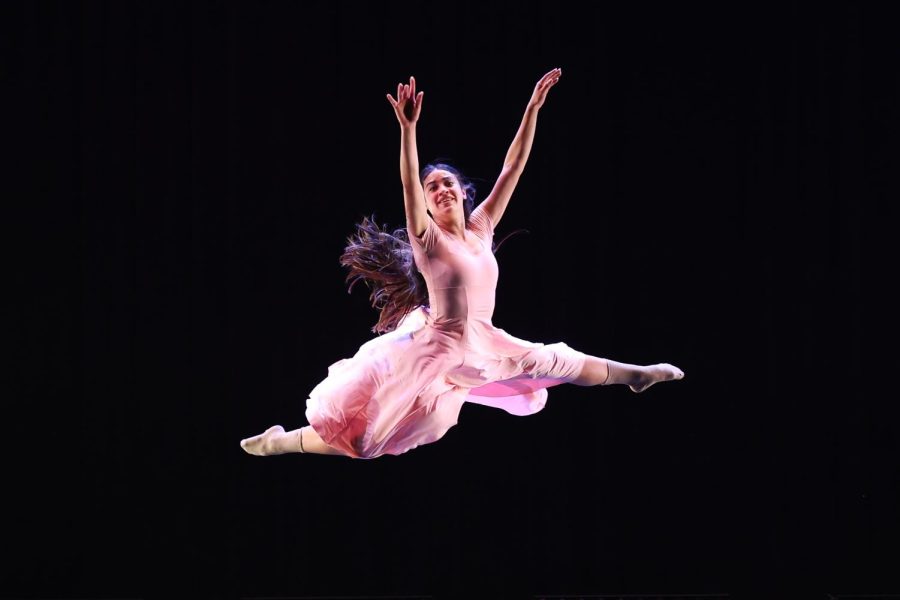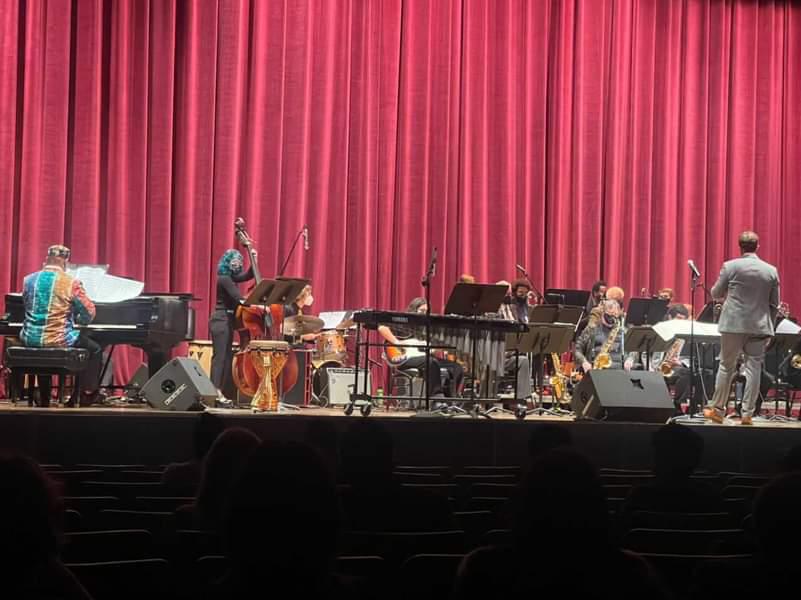With a peak that’s almost 9,000 meters above sea level, Mount Everest is nowhere close to being a tourist attraction — it’s a challenge. A fight for survival. At extreme elements that literally kill your body this behemoth is the ideal habitat for tragedy.
So what do people do? They climb the damn thing. As to why they do is beyond me, and director Baltasar Kormákur‘s “Everest” doesn’t focus too much on trying to find answers either.
No, in 1996, eight people lost their lives to the mountain, and “Everest” is the brutally honest retelling of that tragedy.
It takes the realistic depiction of mountaineering to a whole new level with writers William Nicholson and Simon Beaufoy‘s meticulous attention to detail, Kormákur‘s composed direction and the exceedingly talented ensemble of a cast.
It’s May 1996, and seasoned climber and head of the climbing company Adventure Consulting Rob Hall (Jason Clarke) leads an expedition of eight clients: including Beck Weathers (Josh Brolin), also a veteran climber; Doug Hansen (John Hawkes), who aspires to prove that ordinary men have the ability to accomplish impossible feats; and Yasuko Namba (Naoko Mori), a woman who’s already climbed six of the Seven Summits and trying to become the oldest to summit Everest.
Tagging along for the ride is journalist Jon Krakauer (Michael Kelly), who plans to write a magazine article based on the expedition, and Scott Fischer (Jake Gyllenhaal), guide for Mountain Madness — another team of mountaineers that eventually ended up climbing the mountain with Rob’s on a joint expedition.
It’s weird seeing Gyllenhaal on a supporting role again, but it doesn’t take away from his captivating performance in “Everest.” Scott and Rob have this friendly rivalry as two well-experience climbers, and the two actors play off of each other nicely.
The two are portrayed as warmhearted men, but think of Scott as the more hippie-like of the two who likes to divulge his clientele’s full potential — Rob being the more lenient and generous of the pair.
What’s so beautiful about “Everest” — besides Salvatore Totino’s firm cinematography — is that it doesn’t excessively dramatize the events that happened in 1996. Instead, the film pays a respectful tribute to its subject matter with raw emotion that’s already provided by the tragedy it’s based on.
In a scene early on, Krakauer asks a dinner table surrounded by mountaineers the very same question we all have for those who make this life-threatening trek: “Why?”
Aside from the playful “because we can” responses, we get a very brief, but not at all unclear, sense of why these people are here. It’s a very small, intimate moment between the characters, but it adds a lot of character, which fully comes into play when the inevitable occurs.
This and the heart-wrenching phone calls between Rob and his wife Jan are the kind of drama needed in tragedy-based films this. What Nicholson and Beaufoy’s screenplay does so well is focus on adding emotion and depth to the film within its characters, instead of excessively dramatizing the events that happened.
Totino’s direction in photography was exceptionally fitting for “Everest,” as he perfectly captured just how immense Mount Everest is with wide, breathtaking establishing shots and rough closeups of the characters in the blizzard that throw you right into the elements.
When you pair that with the stellar sound mixing and design that intentionally transitions from the cold, ear-piercing winds of a blizzard to the dead-silent, ambient noise of a bedroom between scenes, you have a film that knows how to juggle the subject matter at hand and the Hollywood drama craved by audiences today.
To argue that “Everest’s” inclination to faithfully pay tribute results in slower pacing isn’t crazy. The film drags along in its second half — as if it were suffering from the extreme elements itself — and the deaths are softly pronounced.
However, these sacrifices are easily overshadowed by the time we spend with Rob, Scott and their teams of summit hopefuls. This calm before the storm makes for one of the most brutally honest feature based on a true story with taut accuracy and genuine attention to gruesome detail.



